
Continuing a Tradition of Civics Excellence
By Mike Sabo With new institutes emerging at colleges and universities in Florida, Ohio, Utah, Tennessee, North Carolina, Texas, and elsewhere, civics education may be
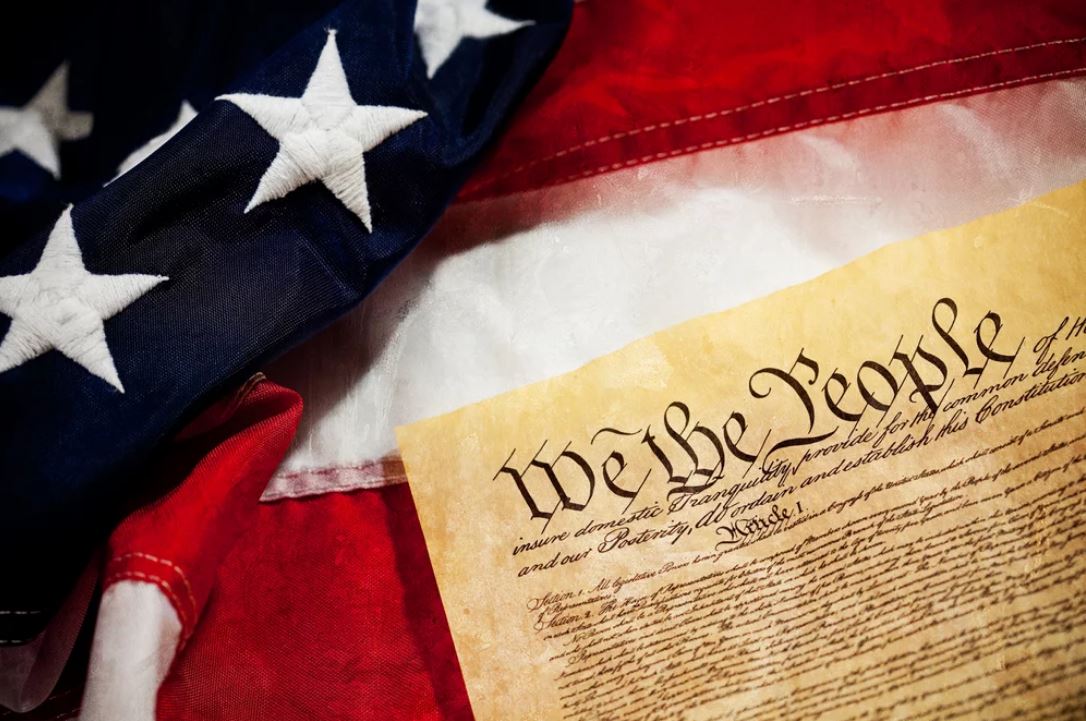
By: Chief Justice Bridget Mary McCormack
We celebrate the Constitution on September 17 – what we call Constitution Day – because that is the anniversary of the signing of the document. It is also the last day of Patriot Week, which starts on September 11th, the anniversary of the terrorist attacks in 2001.
We commemorate the Constitution because it is the highest land of the law and the foundation of protecting our freedoms and liberties.
We take the Constitution for granted today, but that was not always the case.
First, that we are still not part of the English Empire is a miracle in its own right. The American Revolution was not inevitable, and our victory against the greatest empire on earth was not certain. In fact most sane people across the world at the time would have thought we were the crazy ones and would fail.
Second, when America declared independence in 1776, each of the former 13 colonies became free and independent states. There was no Constitution on a national scale. Each state had its own Constitution.
In essence, we had 13 separate nations. True, they had united in the American Revolution through the Continental Congress, and eventually they approved the Articles of Confederation. But the Articles of Confederation were just what they sounds like – a confederation of independent states – like a league of nations or set of allies, there was not a single national government.
After the war for independence concluded, the weaknesses of the Articles of Confederation were exposed. During peacetime, the states were conducting their own foreign policies, they engaged in trade wars against each other, and the property of many citizens was threatened. Small uprisings, such as Shay’s Rebellion, threatened public safety and the rule of law. We had won the war but were losing the peace. Chaos reigned.
Third, visionary Founders Alexander Hamilton and James Madison worked together to call for a Constitutional Convention to revise the Articles of Confederation. Again, this was not a foregone conclusion. Many opposed a stronger government on a national scale. It took some doing, but the Congress and the States were finally convinced, and they convened the Constitutional Convention in the summer of 1787.
In truth, the Convention decided right at the beginning that the Articles of Confederation were too flawed to be fixed, so they started from scratch.
Fourth, after months of debate, the proposed Constitution they drafted was remarkable. It was based on the proposition that the People were the sovereign – that is that the People had the authority and duty to manage and operate the government. The Constitution did not make the federal government a direct democracy, that is where every person votes on any issue like ancient Greece. Instead, they established a democratic republic, that is the People vote for representatives who in turn pass and enforce the laws.
The Founders were very concerned about all government power being placed in the hands of one or a few men, which is the very definition of tyranny. In fact, the whole point of the Constitution is to protect our unalienable rights. As such, the Constitution was designed to protect liberty by dividing power among different governmental authorities.
As remarkable as it was, the Constitution was the result of many compromises. No one at the Convention approved of everything. They fought over most everything, such as how the President was to be chosen, how long the President and Congressmen would serve in office, how members of the House of Representatives and Senate would be chosen, the qualifications of various offices, and what powers each branch of government would have. And that’s just scratching the surface. That the delegates were able to compromise and agree was not a sure thing – quite the opposite. Some historians call the Constitution the “Miracle of Philadelphia.”
Fifth, when the Constitution was approved by the Constitutional Convention, that was just the start of the debate. It would not take effect unless at least 9 states ratified it, and each state had to approve it to join the Union. There was a tremendous debate in each state. Some of its opponents were enormously popular and persuasive. For example, Patrick Henry, who is famous for, among other things, declaring “Give Me Liberty or Give Me Death!” was a strong opponent. Several leading Founding Fathers strongly came out against the Constitution for a variety of reason. In some states, it was barely approved. Had a few key votes switched sides in a couple of states, the Constitution would have been stillborn. Fortunately, it was ratified in 1788 by the 9th state.
Sixth, the Constitution has been amended 27 times over the years to rectify at least some of its flaws. It was not perfect when it was adopted. Most notably, it left the scourge of slavery mostly alone – although it did allow for Congress to ban the slave trade after a few years, and in fact Thomas Jefferson signed the law that abolished the slave trade when he was President. It also did not protect women’s rights. In addition, it lacked a Bill of Rights, which would protect specific unalienable rights like the free exercise of religion, free press, free speech, the right to be free from unreasonable searches and seizures, and similar protections.
Almost immediately after its ratification, a Bill of Rights was adopted to protect many of our unalienable rights. It took the Civil War to birth the Reconstruction Amendments – being the 13th, 14th, and 15th Amendments – which abolished slavery and guaranteed due process and the equal protection of the laws for all our citizens, and guaranteed voting rights for African American men. The 19th Amendment enfranchised women. The fact that the Constitution provided a mechanism for its revision is often overlooked as a key feature of striving to become a more perfect Union.
The Constitution is the oldest operating constitution. It is also the shortest. Although still not perfect by any stretch of the imagination, it is a monumental achievement in history. The whole idea of a Constitution at all was a major triumph.
Never before has such a document been adopted willingly by the People of a country with the express purpose of empowering the People and protecting their unalienable rights. For most of human history, the protections guaranteed by the Constitution – especially with its 27 Amendments – were unimaginable.
Don’t take the Constitution for granted. Learn more about it and protect it for the rest of your lives. Equality, justice, and liberty depend on it.

By Mike Sabo With new institutes emerging at colleges and universities in Florida, Ohio, Utah, Tennessee, North Carolina, Texas, and elsewhere, civics education may be
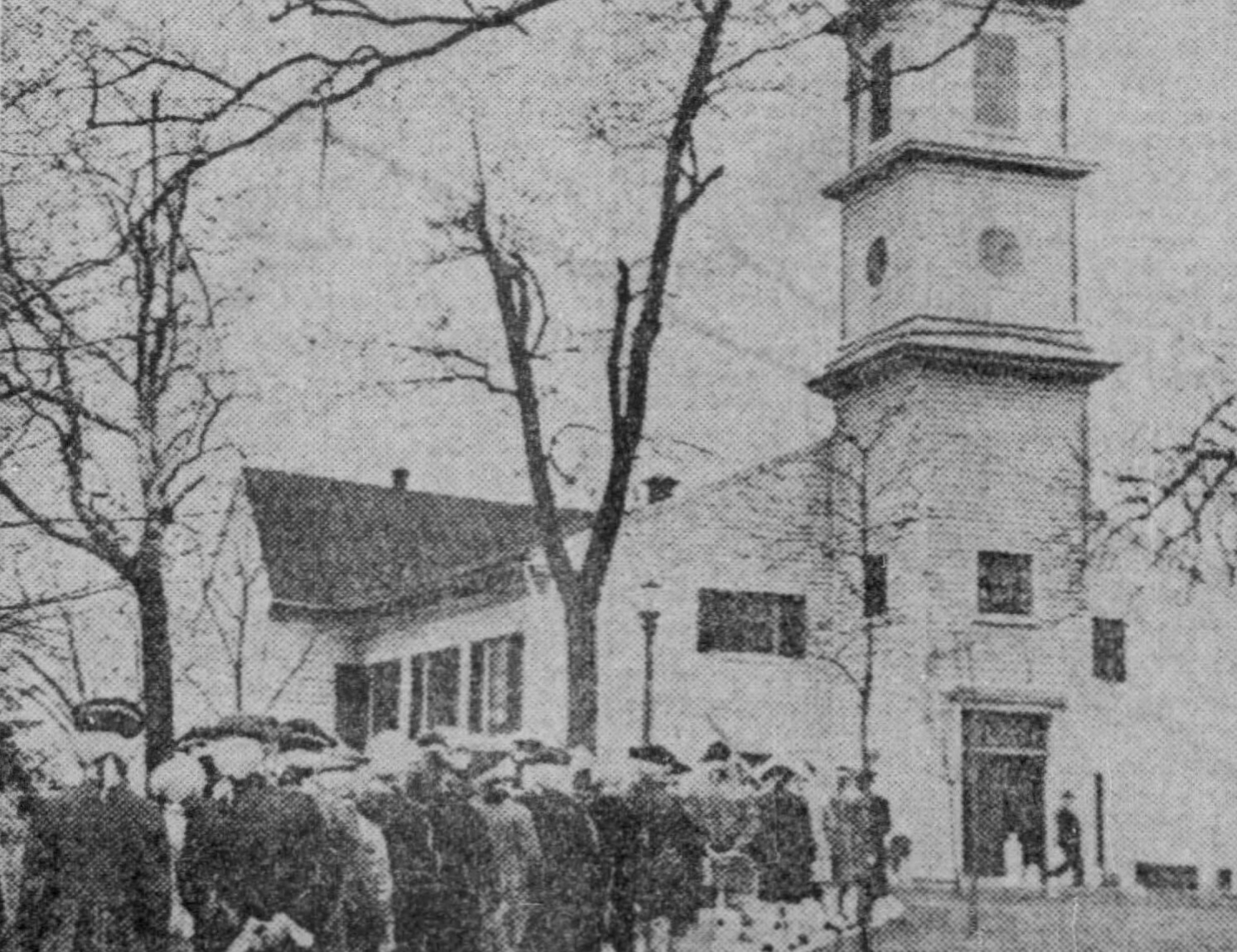
By John A. Ragosta On March 23rd in 1775, Patrick Henry rose at St. John’s Church in Richmond, Virginia, to urge his countrymen to arm
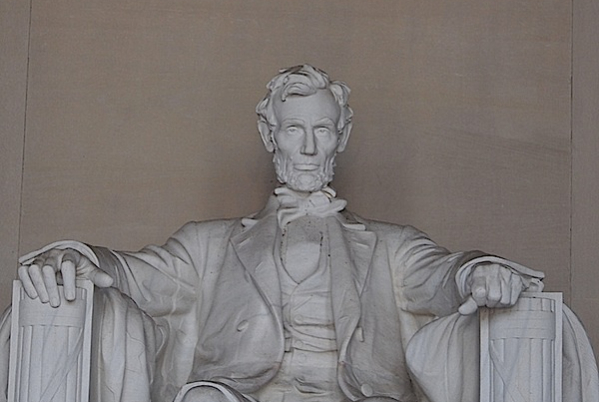
By Brian Matthew Jordan One hundred and fifty-nine years ago this Sunday, a 26-year-old white supremacist and Confederate sympathizer named John Wilkes Booth pointed a
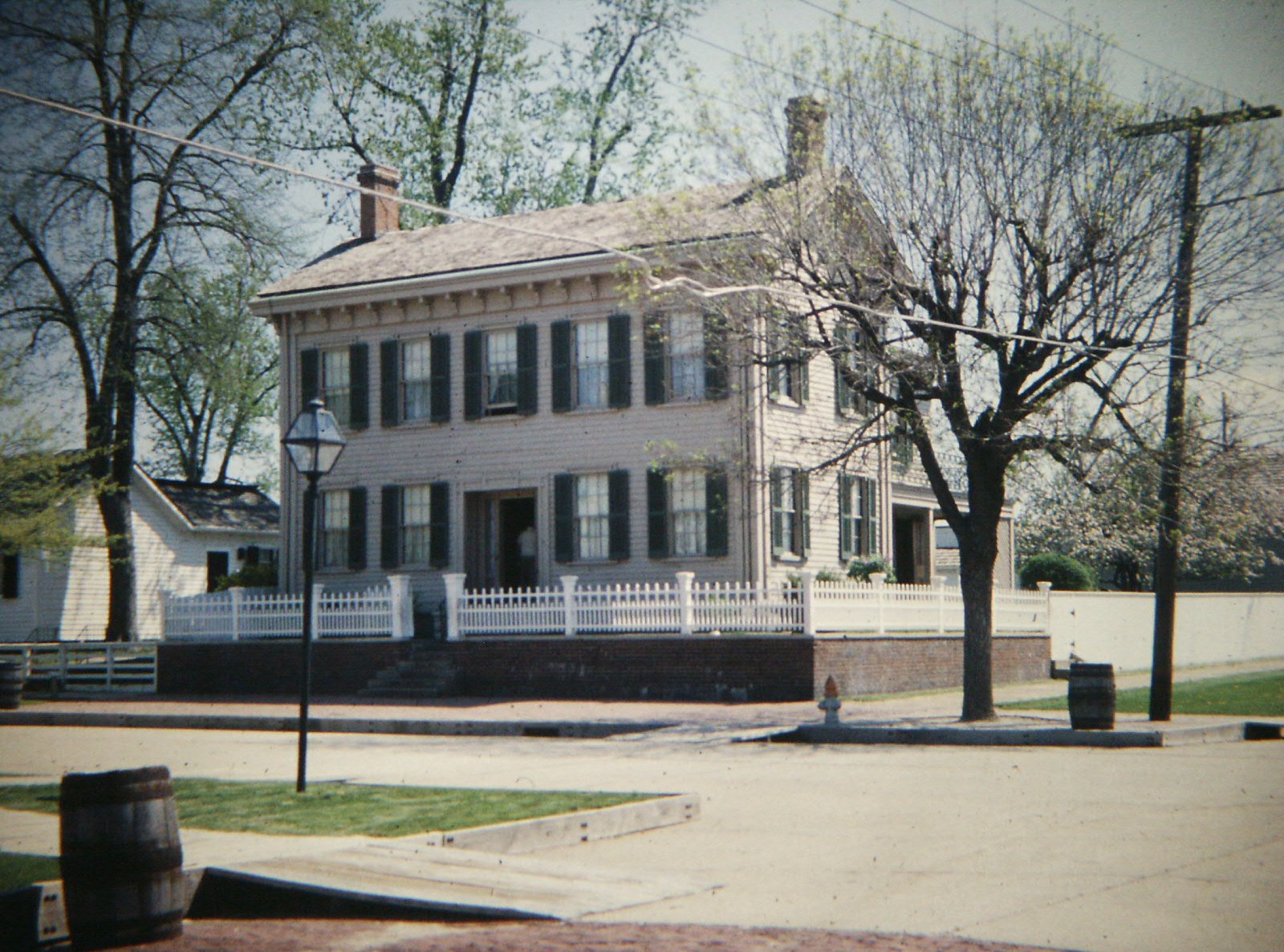
By Jonathan W. White Historians and the general public regularly rank Abraham Lincoln as America’s greatest president. There is little doubt that he is widely
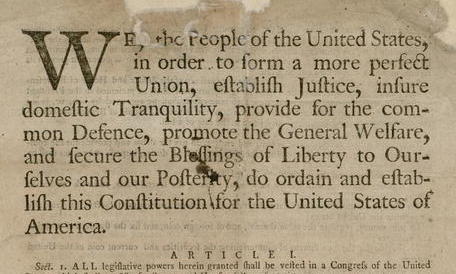
By Hans Zeiger December 15th marks Bill of Rights Day, which commemorates the 232nd anniversary when the first ten amendments to the U.S. Constitution were

The Patriot Week Foundation achieved its 501(c)(3) status in December 2012 and has moved forward by building a sustainable, nonpartisan organization. Currently staffed with an Operations Manager and Education Consultant, the Patriot Week Foundation will be adding to its complement of talent shortly.
This unique, historically grounded, non-partisan approach is desperately needed in our toxic political environment. In no small measure, the fate of the nation depends on it.
Get in Touch
Fill out the form, our team will get back to you ASAP.